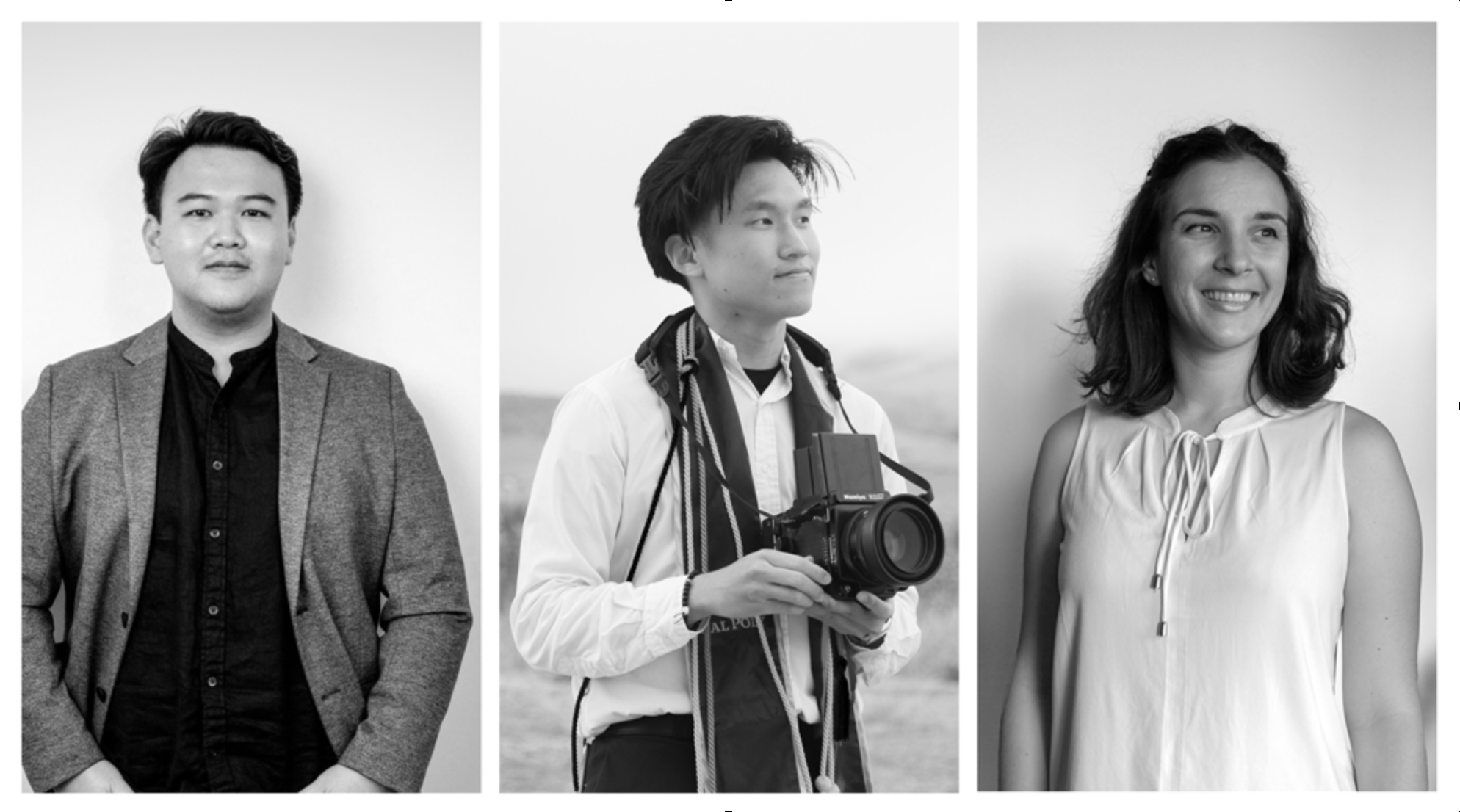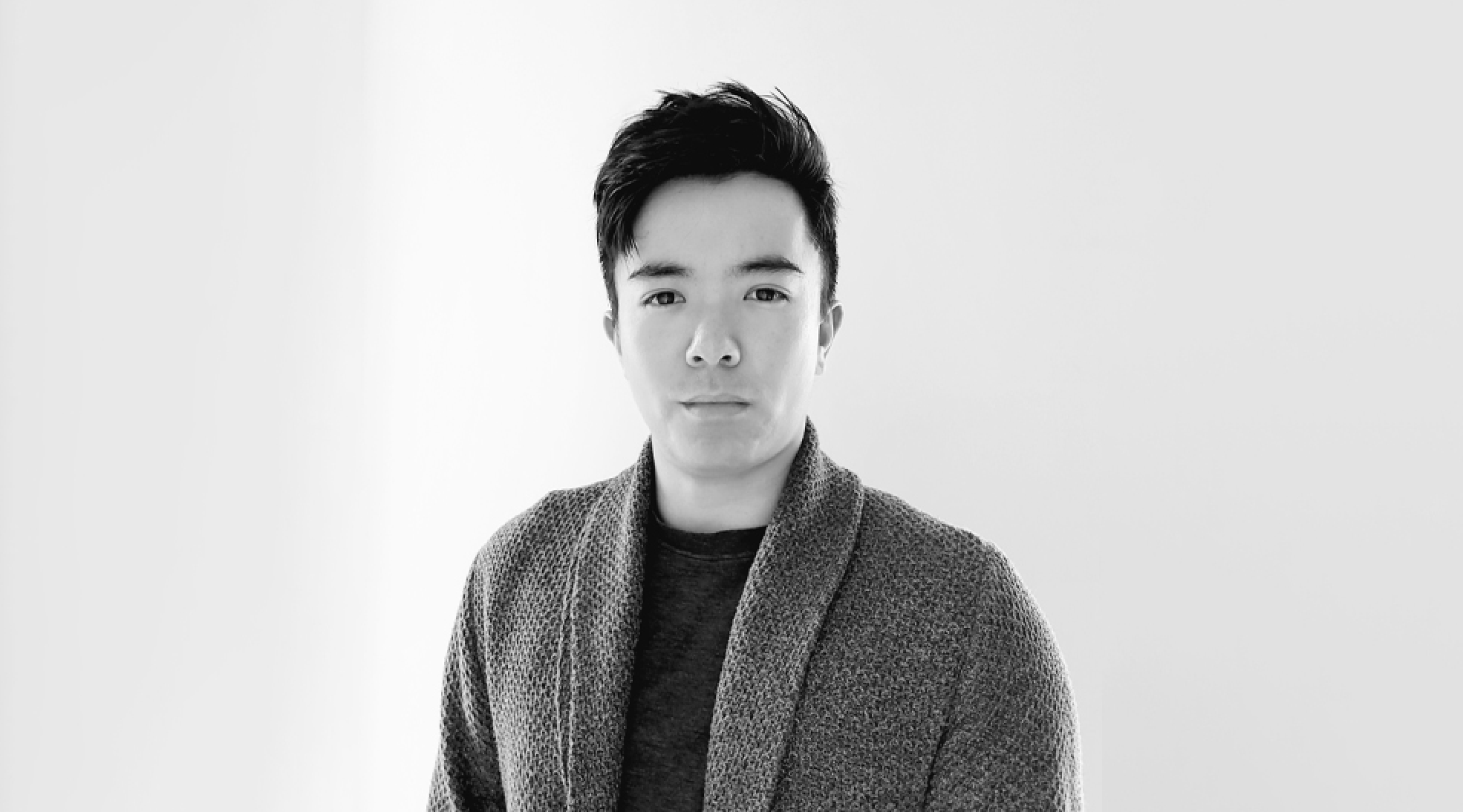Buildner is a global leader in organizing architecture competitions of all scales — from furniture, cottages, and guesthouses to full city rebranding. With prize budgets ranging from €5,000 to €500,000, Buildner brings proven global experience to every competition.
Launch a competitionLaunch a competition
Introduction
Buildner is pleased to present the results to the Vancouver Affordable Housing Challenge!
This competition is part of Buildner’s Affordable Housing series, in partnership with ARCHHIVE BOOKS, showcasing projects that invent new means for driving down housing prices. Designers were tasked with proposing a flexible, innovative, pilot-phase concept for affordable housing within Greater Vancouver. Winning projects will be featured in ARCHHIVE BOOKS’ second edition of its publication, What is Affordable Housing?
Buildner’s Affordable Housing design series posits that there is no one right answer to making housing affordable. Today, a host of new ideas and platforms are enabling people to own or purchase homes. These creative methods include everything from community co-living facilities, to 3D-printed homes, stackable modular homes and new forms of transit-oriented development.
In addition to rising interest rates and a limited housing stock putting pressure on Vancouver’s housing market, the city is also restricted by zoning laws that render most types of housing - other than single- family detached homes - impossible to construct in many regions of the city. These issues, as well as many more political and economic factors, contribute to Vancouver’s mounting housing challenges. This competition tasked participants with proposing design-related solutions to the city’s housing crisis. They were encouraged to submit flexible solutions to accommodate a range of unit sizes including families, single professionals, and couples. There was no set competition site or scale, and participants were encouraged to be as creative as possible. The jury sought projects that challenge typical ideas of housing, design, and the community at large, while at the same time maintaining a practical element that could potentially see these designs realised.
Buildner collaborated with a regional and international interdisciplinary jury panel. The full panel included: Marianne Amodio, Principal of Vancouver-based MA+HG, a registered Architect with the Architectural Institute of British Columbia, Chair of The City of Vancouver's Creative Advisory Panel for Housing Innovation, and a member of the City of Vancouver Mayor's Advisory Committees for Housing; Nicky Bruun- Meyer, a Toronto-based Architect and a Co-Founder and Co-Publisher of The Site Magazine, a leading independent journal of contemporary architecture, landscape, urbanism, and design in Canada; Avi Friedman, a professor of architecture at McGill University Peter Guo- hua Fu School of Architecture, and president of Avi Friedman Consultants, Inc., a design firm with a focus on affordable and sustainable residential environments; Bryan He, an Intern Architect with Gair Williamson Architects, with experience in small to medium size residential, commercial and institutional projects in Vancouver; Melissa Higgs, Principal of Vancouver-based HCMA Architecture + Design, Vice Chair of the Board of Directors for the Downtown Vancouver Business Improvement Association, and an Adjunct at UBC’s School of Architecture and Landscape Architecture; Tom Schroeder, a senior architect with Patkau Architects and adjunct faculty member at the University of British Columbia; and Surabhi Shakkarwar, an Urban Planner and Intern Architect with Boniface Oleksiuk Politano Architects focusing on the design and delivery of complex residential mixed-use projects in Metro Vancouver.
Buildner and its jury panel thank all individuals and teams that submitted proposals.
1st Prize Winner
Laneway Village


We participate in architecture competitions to improve our design knowledge and to challenge our ways of thinking. Through the speculative lens in which we propose solutions to a competition prompt, we often discover new ways of practicing that we tend to oversee. Combining this with exposure to real world project delivery, we’ve always learnt something new that we carry with us into future pursuits.
Read full interview United States
United States
Jury feedback summary
Laneway Village seeks to advance Vancouver’s Laneway Housing Program through an integrated approach to create a cohesive new form of cohousing community. It claims to offer an adaptable framework to a “sustainable, equitable, and feasible” urban densification plan. The jury commented: “A smart expansion of an already existing and approved policy.
2nd Prize Winner
Living Trails


My first ten years as an architectural apprentice was spent in a leading architectural practice in Singapore, where in the 80s and 90s, every urban renewal project was an international architectural competition. These transformative years instilled in me that the best design solutions are often achieved and celebrated in the competitive realm. Over the years, I taught myself that participation in competitions was not always to win but to learn and equip oneself better in resolving design solutions, where the real-world agencies can never provide such opportune.
Read full interview Canada
Canada
Jury feedback summary
Living Trails offers a solution for porosity and accessibility. While it focuses on a specific site in Vancouver, it offers a prototype that breaks from traditional housing schemes. The jury writes: “The proposal focuses on spaces between buildings and beautifully addresses the integration of various units types for people of all ages and family structures.
3rd Prize Winner +
AAPPAREL SUSTAINABILITY AWARD
AAPPAREL SUSTAINABILITY AWARD
tall trees, tall houses


I usually don't participate in competitions, but the topic of solving affordable housing (simultaneously with the problem of sprawl) is near and dear to me as someone who values nature's role in cities, and wishes for everyone to be able to live with dignity and comfort. Affordability shouldn't be about living with less, but rather offering good value by reducing scarcity in an environmentally responsible manner.
Read full interview Canada
Canada
Jury feedback summary
Tall Trees, Tall Houses is a design provocation exploiting the spatial potential of Vancouver’s forested landscape to mitigate the impacts of increased density. The jury writes :”A well-presented project with thought given to practical strategies for reducing the cost of new housing in Vancouver. This proposal shows an excellent understanding of the regional context. It is a daring intervention directed straight into the heart of Vancouver’s most exclusionary zoning.
ARCHHIVE STUDENT AWARD
Crossroads


During our 3rd year at the university we realized the urgent need to broaden our horizons and indulge into larger projects that tackle the needs of the society as a whole rather than those of individuals, and formed a team to participate in international competitions. Most notably, unlike conventional practices, this experience gives space for creativity and experimental ideas to emerge, which is crucial in such a volatile field of work as architecture.
Read full interviewHonorable mentions
Shortlisted projects













































































